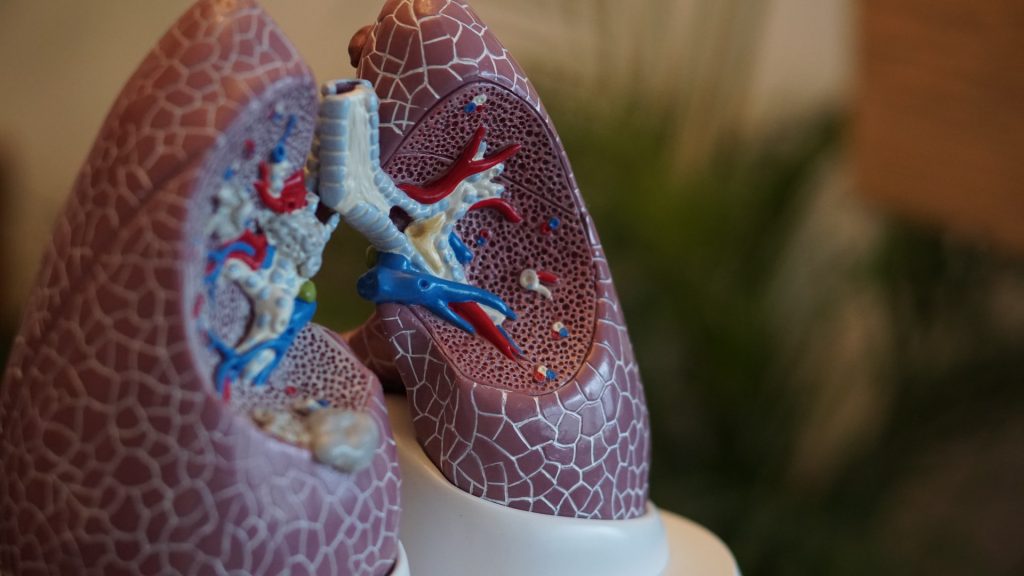
Scientists have discovered that people with asthma and chronic obstructive pulmonary disease (COPD) have a protein in their lungs that leaks a molecule into their bloodstream that leads to restricted breathing instead of relaxing their airways.
The findings of their study, appearing in the American Journal of Respiratory Cell and Molecular Biology, will help clinicians diagnose and determine the severity of chronic lung diseases and make bronchodilators more effective.
“This protein has been recognised as important in some diseases, but it has never been defined before in airway diseases, such as asthma and COPD, until now,” explained co-author Reynold Panettieri, vice chancellor of translational medicine at Rutgers. “In addition to identifying this protein, we demonstrated that if you decrease the leakage, the smooth muscles in the airways relax, which could be potentially very important in improving asthma and COPD management. In addition, the presence of too much cAMP in a patient’s blood is a new biomarker that can help characterize specific types of asthma and COPD.”
The researchers found that a protein in smooth muscle cell membranes in the lungs of patients with chronic airway disease can leak cyclic adenosine monophosphate (cAMP), which signals to help relax muscles in the lungs and widen the airways. The leakage causes the airways to become constricted and cAMP can be found in the bloodstream, which can improve diagnosis of chronic airway diseases.
Researchers working together discovered the leak of cAMP from human airway smooth muscle cells from patients with and without asthma. These cells control airway constriction in asthma, and by losing cAMP, the cells are more apt to constrict and worsen asthma. By analysing blood samples from a well-defined cohort of asthma patients, they defined cAMP in the bloodstream as a biomarker.
“We determined that cAMP blood levels are higher in asthma patients,” Panettieri said. “This knowledge allows for better diagnostics of the illness and forms the basis for new therapeutics that will plug the leak of cAMP in the protein.”
Source: Rutgers University

